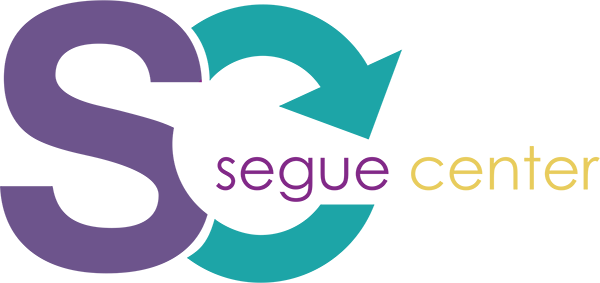Megan Carle on Think – Workplace Bullying
This afternoon Krys Boyd facilitated an excellent conversation with Megan Carle on KERA’s Think about the different types of workplace bullying. I’m thrilled that this aspect of American work culture received such a thoughtful treatment and encourage anyone interested to give it a listen.
If you’re on the internet, you probably already know how our culture seems to be divided between those who believe some version of “people don’t want to work anymore” and those who point to “toxic” workplace and hiring practices that may help explain The Great Resignation. No doubt there are countless examples that show the issue is more complex than this binary framework, but you don’t have to dig deep to see posts with examples of out-of-touch bosses, policies that by most standards are problematic at best (and illegal at worst).
In light of this cultural relevance, I was glad to hear Megan talk more extensively about how specific workplace bully types (public v private, overt v covert) can thrive (and thereby tear down those being bullied at work), and how the conversation relates to racism, sexism, and generational differences. However one thing she said really got me banging my drum about the way it intersects with ableism as well. Hearing Ms Carle (who is probably best known for her former senior role at Nike) discuss her own experience of confusion at what was taking place when she encountered workplace bullying (and how she sought healing afterwards) really highlights the additional challenges that neurodiverse employees can face when experiencing workplace bullying. For those who struggle in most settings to read social cues or decipher unwritten social rules, it becomes even harder to identify this behavior as what it really is.
If someone who presents as socially adept as Ms Carle didn’t recognize “gaslighting” or covert bullying in particular at the outset, how are we best able to empower neurodiverse employees to do the same? Hopefully by talking about it directly, roleplaying scenarios, and perhaps borrowing from Ms. Carle’s “Playbook” as well. Unfortunately, at times I’ve listened to clients who feel they’re being singled out by a coworker, a middle manager, or even “the boss” for reasons they can’t understand. Not all of these accounts are examples of workplace bullying (and instead need a guided deep dive into the miscommunication/misunderstanding), but certainly some of them would fall into that category.
As more corporations big and small recognize the value of a neurodiverse workforce, we need to have more direct conversations (or even playbooks) about recognizing behavior that rises to the level of toxicity or workplace bullying. I know that up at Segue Center, we certainly will be adding them to our workplace social skills curriculum.







Recent Comments